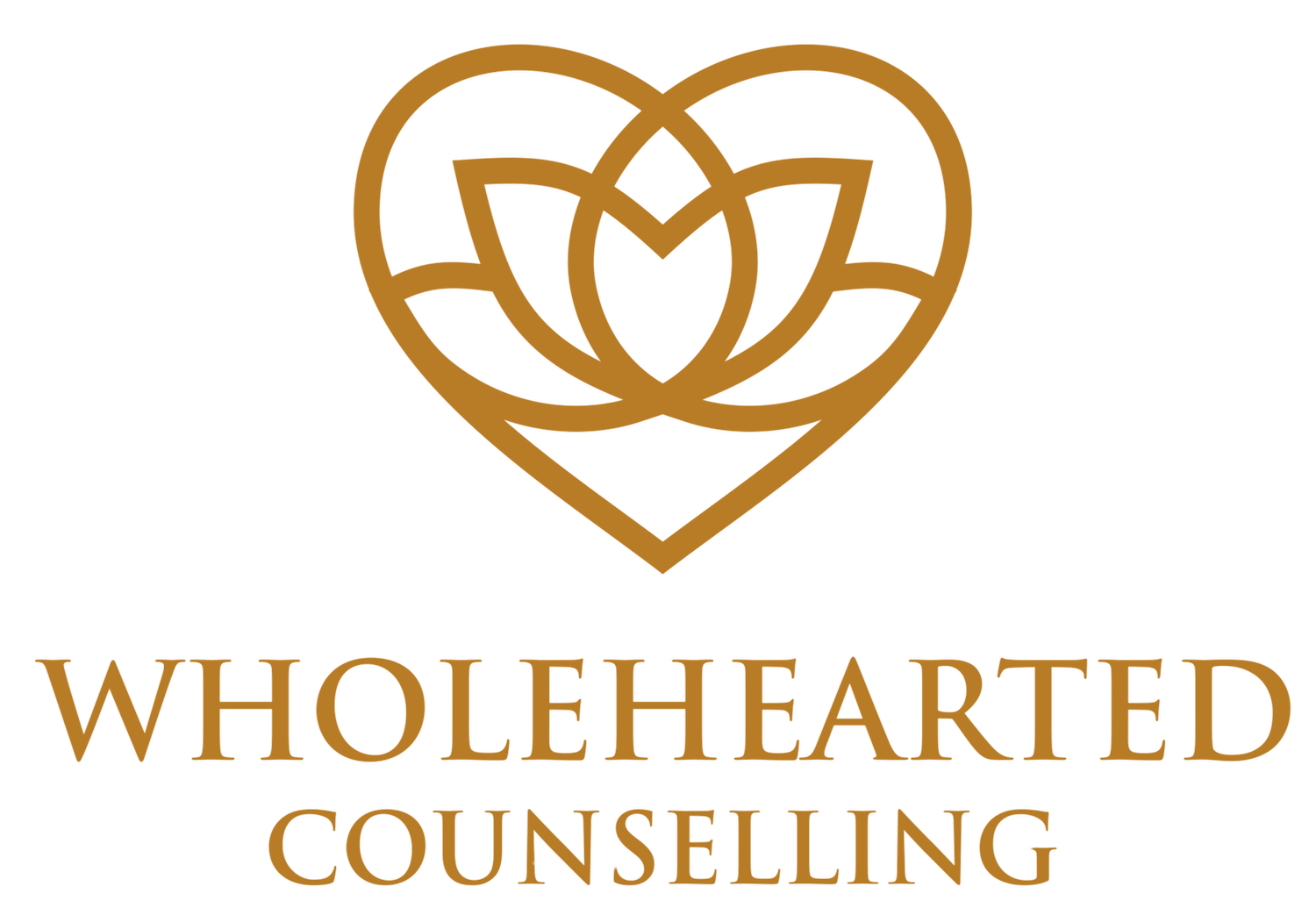Finding Calm in the Chaos: How Mindfulness Can Ease Anxiety and Overwhelm
When life feels like it’s moving too fast, when your mind won’t stop racing, and your chest feels tight with anxiety — you’re not alone. Between endless to-do lists, work pressures, social expectations, and the constant buzz of technology, many of us carry a chronic burden of stress and overwhelm.
If you’ve been feeling like you're barely keeping your head above water, mindfulness might offer the pause and relief you need.
What Is Mindfulness?
Mindfulness is the practice of being fully present in the here and now — intentionally noticing what’s happening around you and within you, without judgment. It’s not about "clearing your mind" or becoming perfectly calm. It’s about gently bringing your attention back to the present moment, especially when your thoughts are spiralling into worry or what-ifs.
Mindfulness is a skill. That means it can be learned and practiced — no matter how anxious or distracted you feel.
Why Is Mindfulness Helpful for Anxiety?
When we’re anxious, our minds are often stuck in overdrive and anywhere but the present — replaying the past, predicting disaster in the future, or just spinning in overwhelm. Mindfulness helps us unhook from the mental noise. It brings us back to the present, where we can breath, notice our surroundings, and slow down.
Here’s how mindfulness can make a real difference:
1. It Helps You Breathe Again — Literally
When anxiety hits, our breathing often becomes shallow and rapid. Mindful breathing brings awareness back to the body. Slowing your breath signals to your nervous system that you're safe, helping you move out of fight-flight-freeze mode.
2. It Breaks the Cycle of Overthinking
Mindfulness teaches us to notice our thoughts without getting caught up in them. You begin to see anxious thoughts for what they are — just thoughts, not facts. This creates space to respond more calmly and with more perspective.
3. It Grounds You in the Present
Anxiety pulls us out of the present and into imagined futures. Mindfulness anchors us in what is — the feeling of your feet on the ground, the warmth of a mug in your hands, the sound of your breath. These small moments of grounding are surprisingly powerful.
4. It Cultivates Self-Compassion
When you're feeling anxious or overwhelmed, it’s easy to be hard on yourself. Mindfulness helps you approach your inner experience with kindness, not criticism. This gentler way of relating to yourself reduces shame and increases emotional resilience.
Simple Ways to Practice Mindfulness When You’re Anxious
Here are a few accessible ways to get started, especially when you're feeling overwhelmed:
The 5-4-3-2-1 Technique: Name 5 things you can see, 4 things you can feel, 3 things you can hear, 2 things you can smell, and 1 thing you can taste. It’s a fast, effective way to come back to the present.
Mindful Breathing: Try breathing in slowly for 4 counts, holding for 4, and breathing out for 6. Focus on the sensation of air moving in and out.
Check In With Your Body: Take a moment to scan your body. Notice where you’re holding tension. Can you soften your shoulders, unclench your jaw, or relax your hands?
Pause Before Reacting: When you feel overwhelmed, pause. Ask yourself: What am I feeling? What do I need right now?
You Don’t Have to Do It Alone
Mindfulness is a powerful tool, but it can feel hard to practice consistently — especially when your anxiety is overwhelming. That’s where counselling can help.
Working with a counsellor gives you a supportive space to explore what’s contributing to your overwhelm and learn practical, personalized tools to manage it. Together, we can help you incorporate mindfulness into your life in a way that feels manageable and meaningful.

